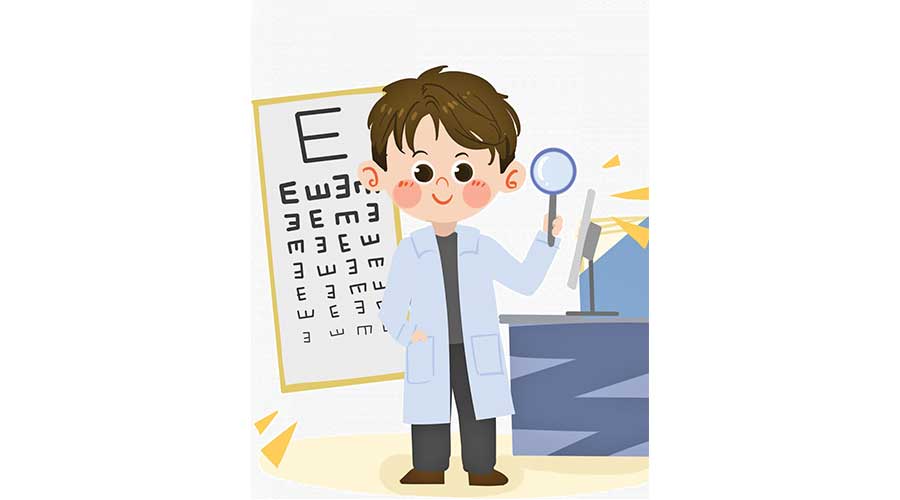ASK A PHYSICAL THERAPIST
- 13 Apr - 19 Apr, 2024

There are several solutions to dry eyes in the winter that require simple adjustments to everyday activities. One way you can prevent dryness is just by wearing some protective eyewear. That is going to protect your eyes from the harsh elements of the winter air, including wind and snow. Also, keep in mind any direct airflow from heaters or furnaces that you might be exposed to. When in the car, make sure that the heater is pointing down towards the floor instead of directly in your face. Some over-the-counter solutions can also make a big difference. Having a humidifier, either at home in living rooms or your bedroom, or even at the office can help as well. Also consider supplementing with artificial tears, or if you're having a real hard time, talk to your local eye doctor for any other medications, or other treatments for dry eyes. Remember, an accurate diagnosis is important because symptoms of dry eye can be caused by other things such as allergies.
Diabetes is a complex disease to live with, affecting almost every part of the body. The key to managing the condition is controlling your blood sugar. But even if you have your diabetes well-controlled, you are still at risk of developing diabetic retinopathy and other related eye problems. Unfortunately, people with diabetes sometimes don’t think about their eye health; although 90 per cent of vision loss from diabetes is preventable, only 40 per cent of people with diabetes have routine eye exams. Elevated blood glucose levels wreak havoc on the body by damaging blood vessels. This can affect any organ, including the eyes. Diabetes also causes earlier and more severe cataract formation, which is when the natural lens of the eye becomes cloudy. In addition, it is linked to glaucoma (damage to the optic nerve) and strokes in the eye. Finally, it can cause and exacerbate dry eye by affecting the nerves in the cornea. Luckily, you can reverse the early effects of diabetes on the eyes with early detection and intervention. For this reason, it is extremely important to have a yearly comprehensive eye exam, even if your blood sugars are well-controlled.
COMMENTS